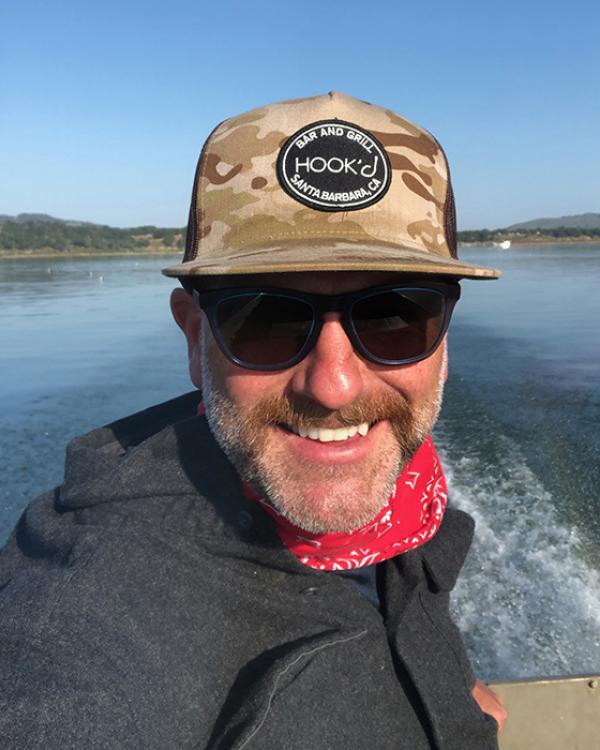
John Sekulich graduated with a Master’s in Education from the GGSE. His work focuses on the intersection between higher education academics and athletics. He coaches the UCSB rowing team. In the future, he hopes to take on an administrative role at the college’s athletics department to keep supporting and coaching college athletes.
GGSE: Tell us a little more about your experience as the head coach of the UCSB rowing team. How has it helped you develop as a researcher?
Sekulich: The rowing team at UCSB has basically been like my own personal lab for observing human behavior. I’ve been able to use the literature from both GGSE (Organizational Theory, Educational Leadership, Qualitative Research Methods) and Technology Management (Organizational Behavior, Team Processes) to really study the interactions between our student-athletes, not to mention leader-member interactions, e.g. the coach-athlete relationship. In addition, the courses from the TMP graduate certificate have helped me to look at the team from a business standpoint, in terms of managing and marketing the program. I think a lot of people think coaching is simply teaching an activity. In its purest form, it is definitely that, but that part is really only a small fraction of the total hours required in this role.
GGSE: What drew you to coaching college athletics originally?
Sekulich: I began rowing my freshman year of high school. I taught swim lessons for a long time, and so I always knew that I wanted to try coaching rowing at some point. It just seemed like a natural progression for the activity that I love. I’ve been thinking about this a lot lately, and at the heart of it, coaching allows me to just be my true self. My thoughts and intentions align with my actions. The highs are super high, but the lows can be really tough, because of this. The motivations for success in this role are so closely linked with who I am, that the challenges I face during a season almost have an existential quality to them. I enjoy the challenge/process of gathering together a new group of student-athletes each year, working with them daily, and creating not just one fast boat, but an entire squad of multiple boats. The college years are a magical time, and the changes that an 18-year-old experiences over four years is amazing to watch. For many of our members, rowing is the most important thing they do on campus, and I probably spend more time with them than anyone else besides their friends during their time here. It keeps me young and energized!
GGSE: Where do you see yourself in five years?
Sekulich: There are a few directions I’m considering. I definitely feel like I want to grow and progress as a coach. After COVID, we are definitely in a rebuilding phase (like many teams around the country). My long-term goals include pursuing an athletic director type role, possibly at a small college, where I can be involved with strategic, long-term decisions and planning, possibly teach a course, and/or present at rowing conferences and clinics. I certainly love the Central Coast!
GGSE: What advice do you want to pass on to future GGSE students?
Sekulich: Try to use all of the courses as components for the dissertation, rather than just preparation to then later work on the dissertation. Every course can leave you with a piece of the puzzle—the literature review, constructing a survey, the statistics course for analyzing the data. It’s an efficient way of getting to the end result. Also, try to take a few courses outside the department. I took a few courses in sociology, and I added the certificate in management through TMP. These departments allow students to meet other students/professors and broaden your perspective on the world.
GGSE: Who at the GGSE would you like to thank?
Sekulich: Everyone. The professors and students are all brilliant. The support/admin staff are top-notch professionals. Of course, my advisor, Dr. Sharon Conley, has been especially helpful during this process.